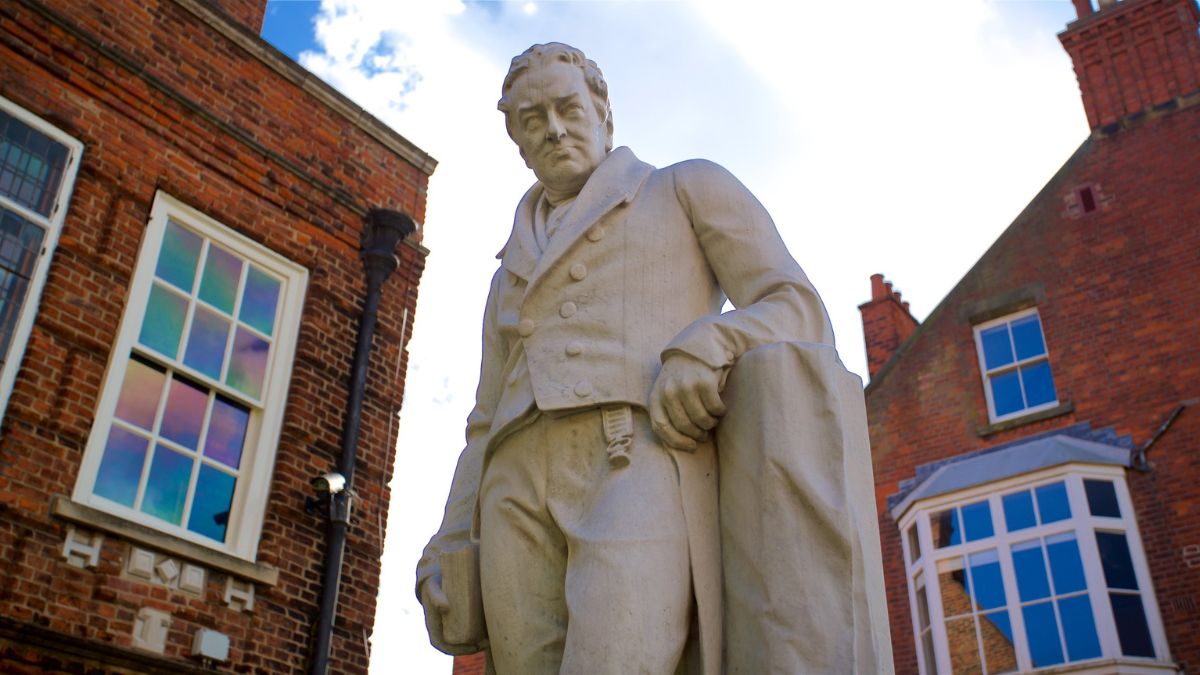

BreakPoint
Much-Needed Honesty
When the heads of the world's leading industrial nations, known as the G-8, meet this week, one of the subjects will be Africa. Even if sub-Saharan Africa gets the economic aid it is seeking from the West, it still faces a monumental AIDS crisis. Besides killing millions of people, AIDS threatens to distort Africa's future in an almost unprecedented fashion. Because of AIDS, Africa's population now consists of a great many young people and a much smaller group of old people. What's missing, of course, are the people in the middle: the ones who raise children, care for their parents, and form the backbone of any good economy. With this much at stake, it's time to get honest about AIDS. An example of this much-needed honesty was a recent column by David Brooks in the NEW YORK TIMEs. In it, Brooks wrote about his visit to Mozambique, a nation that has been devastated by HIV/AIDS. Among the places Brooks visited was a church that cares for the most heart-breaking victims of the epidemic: the orphans. When asked about preventing AIDS, the pastor and parishioners initially spoke about condoms and "safe sex." Then, Brooks said, "they [slipped] out of the language of safety and into a different language": the language of faith. They told Brooks that it is "easier for those who have been touched by God to accept when a woman says no." This matters because, as Brooks writes, much of the AIDS crisis is driven by "predatory men who knowingly infect women by the score." The wisdom regarding human nature that Brooks saw in "that church made of sticks," as he put it, is the key to preventing AIDS. The financial and technical assistance that the West can and should provide can only treat the disease. It can't prevent its spread. The evidence is there for everyone to see: We've tried awareness, condom distribution, economic development, and much more. But the problem persists. That's because the spread of AIDS is inevitably linked to the question of fallen human nature. Things like fear, weakness, and temptation do not respond to technical expertise or incentives. They only respond to "transcendent ideals and faiths" and the moral language they produce. As we've seen in places like Uganda, only when people regard faithfulness and chastity as normative will they stop engaging in the behaviors that spread HIV/AIDS. Of course, you won't hear governmental and non-governmental officials saying any of this. In their estimation, Africa's problem is that it's too, well, African, and not enough like New York or London. Respect for tradition and belief in a transcendent ideal are things to be overcome, not embraced. That's why Brooks came away from his trip "impressed by the level of medical expertise and depressed by the lack of moral, sociological, psychological and cultural expertise." While I understand Brooks's "depression," his column had the opposite effect on me. It's so gratifying to see that someone like Brooks, an eminent columnist who is not a Christian, now understands why Christians have emphasized the moral dimension of the AIDS crisis: not because we're against sex, but because we're against suffering and death.
07/7/05















